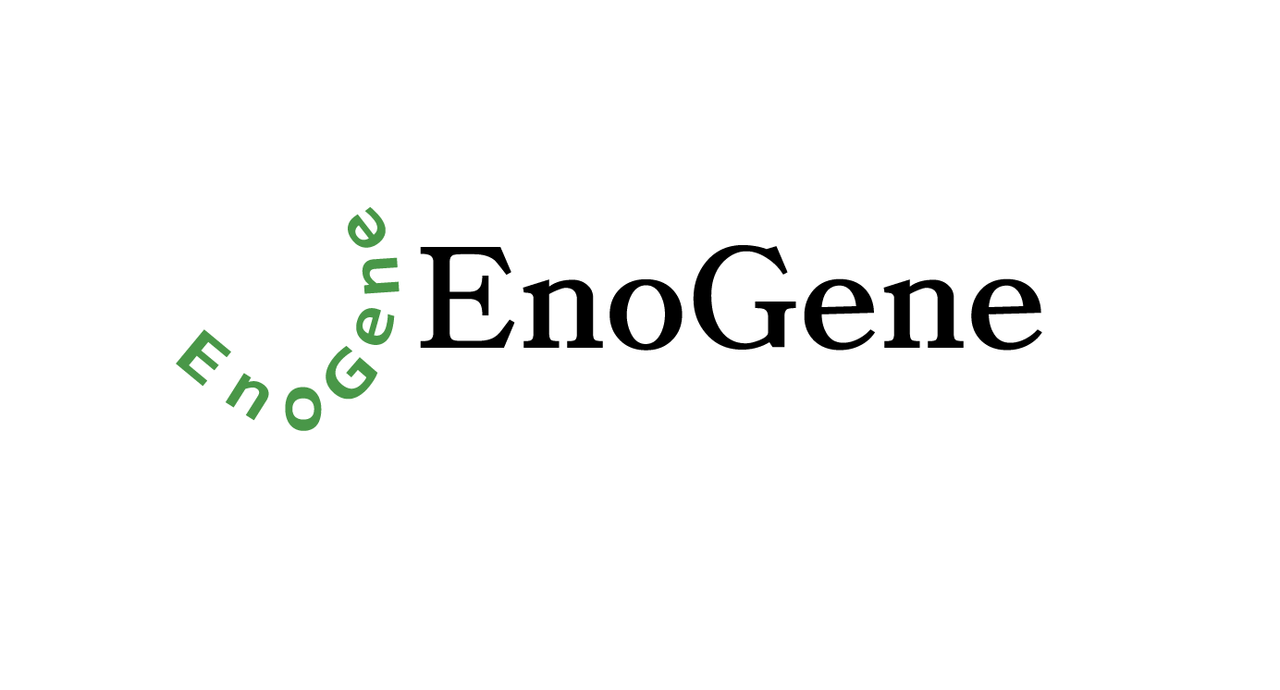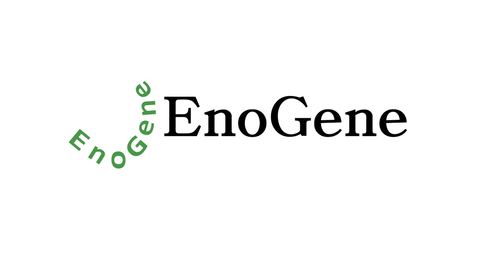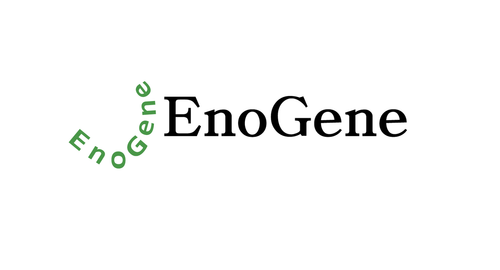Product Description
Interleukin-23/IL-23 | E21-S31 | EnoGene
Short Description: Recombinant Mouse Interleukin-23 is produced by our Mammalian expression system and the target gene encoding Val22-Ala196&Met23-Ser335 is expressed.
Shipping: Ambient
Formulation: Lyophilized from a 0.2 μm filtered solution of PBS, pH7.4.
Storage: Lyophilized protein should be stored at < -20°C, though stable at room temperature for 3 weeks.
Reconstituted protein solution can be stored at 4-7°C for 2-7 days.
Aliquots of reconstituted samples are stable at < -20°C for 3 months.
Reconstitution: Always centrifuge tubes before opening. Do not mix by vortex or pipetting.
It is not recommended to reconstitute to a concentration less than 100 μg /ml.
Dissolve the lyophilized protein in ddH2O.
Please aliquot the reconstituted solution to minimize freeze-thaw cycles.
Purity: Greater than 95% as determined by reducing SDS-PAGE.
Endotoxin: Less than 0.1 ng/µg (1 IEU/µg) as determined by LAL test.
Background: Interleukin 23 (IL-23) is a heterodimeric cytokine composed of two disulfide-linked subunits, a p19 subunit that is unique to IL-23, and a p40 subunit that is shared with IL-12. The p19 subunit has homology to the p35 subunit of IL-12, as well as to other single chain cytokines such as IL-6 and IL-11. The p40 subunit is homologous to the extracellular domains of the hematopoietic cytokine receptors. Although p19 is expressed by activated macrophages, dendritic cells, T cells, and endothelial cells, only activated macrophages and dendritic cells express p40 concurrently to produce IL-23. IL-23 has biological activities that are similar to, but distinct from IL-12. Both IL-12 and IL-23 induce proliferation and IFN-gamma production by human T cells. While IL-12 acts on both naive and memory human T cells, the effects of IL-23 is restricted to memory T cells.
Species: Mouse
Expression System: Human Cells
 Euro
Euro
 USD
USD
 British Pound
British Pound
 NULL
NULL








